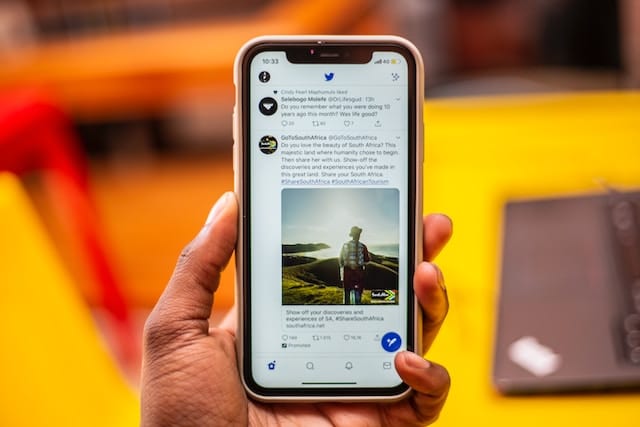
For years, Twitter enabled crucial research by providing free access to its vast flows of public data. But now, under CEO Elon Musk, researchers say they are losing access to a key tool that helped them study society and address challenges like detecting misinformation, bots, and public reaction to world events.
A report from tech journalist Justine Calma from The Verge approached several affected parties who had been relying on the free access that Twitter previously provided to its systems and data and that have now been left out in the dry.
Twitter’s application programming interface (API), which allowed programmers to gather and analyze data from people’s public tweets, “was the primary source that people were using” to study people’s behavior, says Gordon Pennycook, a professor at the University of Virginia. His work aims to reduce sharing of misinformation. Without data showing what actual people tweet, he says research becomes “hypothetical”.
Twitter Shut a Door That is Very Important for Science
Many research tools are at risk. Botometer, which detects likely bot accounts, may stop working due to Twitter’s new paid-only API plans, says co-creator Kai-Cheng Yang. He fears losing Twitter data may hurt his career.
Researchers have scrambled to preserve studies and tools. But even Twitter’s most expensive API tier of $42,000 per month reportedly lacked what some large-scale projects require.
Also read: 60+ Twitter Statistics – Investment, Revenue & Users for May 2023
In April, 250 researchers signed a letter pleading for continued access. Researchers say Twitter has gone from ” one of the most transparent and accessible on the planet to truly bottom of the barrel” according to Rebekah Tromble, the head of an institute that studies data, politics, and democracy at the George Washington University.
Twitter has now reportedly told some researchers to delete any Twitter data they gathered for free or buy an enterprise account. The Verge could not independently verify this. But academics call such a move a “complete travesty” that would derail ongoing work studying key societal issues.
Yang says he would go against Twitter’s deletion policy to share data as science is more important. Meanwhile, Pennycook says that, without access, researchers won’t be able to understand the world as well as they did.
For years, Twitter fueled discoveries about human behavior online. Now, in pursuit of profits, it is reportedly threatening to erase a decade of vital public research. Researchers fear they are losing an invaluable window into how global conversations, ideas, and threats spread – just when the need for such insights is greater than ever.
Twitter Launches A New API Tier for Startups, Some Say It Came Too Late
Twitter currently offers four options to access its API, one is free and the others are paid. The free version of the solution is, however, only capable of posting content, not reading it, which is exactly what researchers need to do their job.
Meanwhile, the Basic version, which offers access to 10,000 tweets per month, costs $100 per month. Researchers said that this sample is just too small and represents a meager 0.3% of the size of the datasets they were originally able to access.
Moreover, in an attempt to further monetize its data and API access, Twitter recently introduced a new paid tier for developers after dramatically changing the conditions of the free API.
The new tier was the “Twitter Pro API”, reportedly designed for startups and costing less than the enterprise package. However, some argue this Pro API came too late – after Twitter had already cut off many third-party apps that could have stayed if given the lower pricing earlier.
With the Pro API, organizations can tap on 1 million tweets per month that can be analyzed and can also post up to 300,000 tweets every 30 days. The plan costs $5,000 per month, which is less than 20% of the cost of accessing the Enterprise API.
Elon Musk has accused companies like Microsoft (MSFT) of “illegally” exploiting Twitter’s old free API to train their AI systems and make money from Twitter’s data. While Musk wants payment, it may be difficult to argue that API use was illegal when it was previously free.
Other Related Articles: